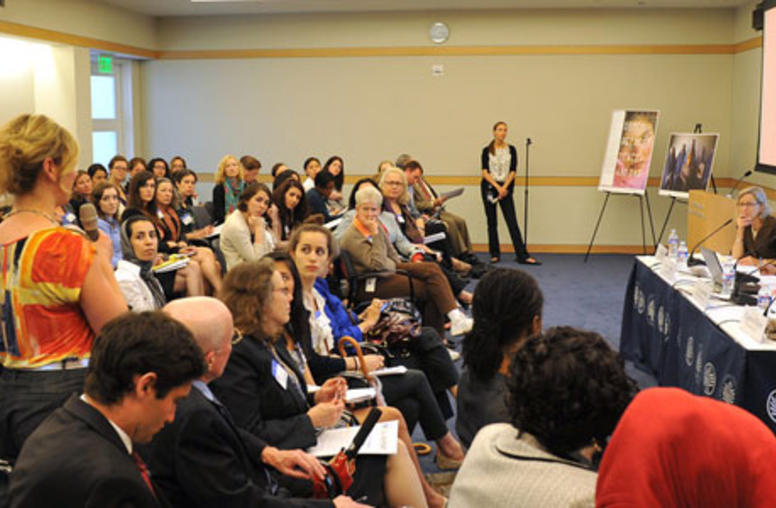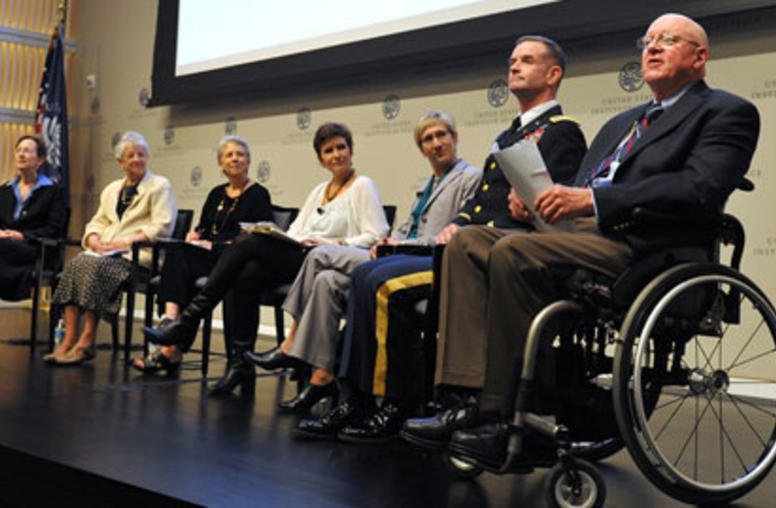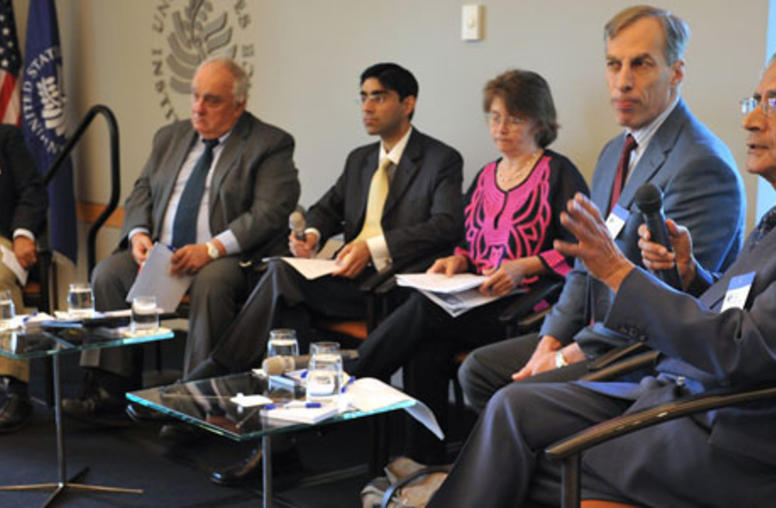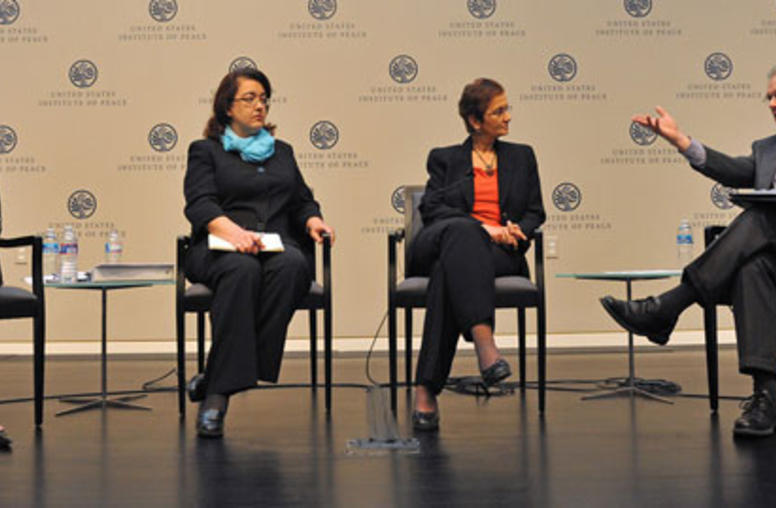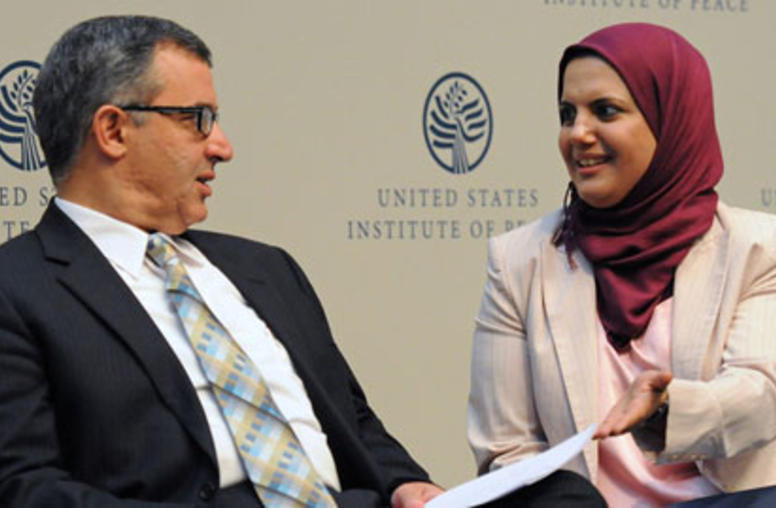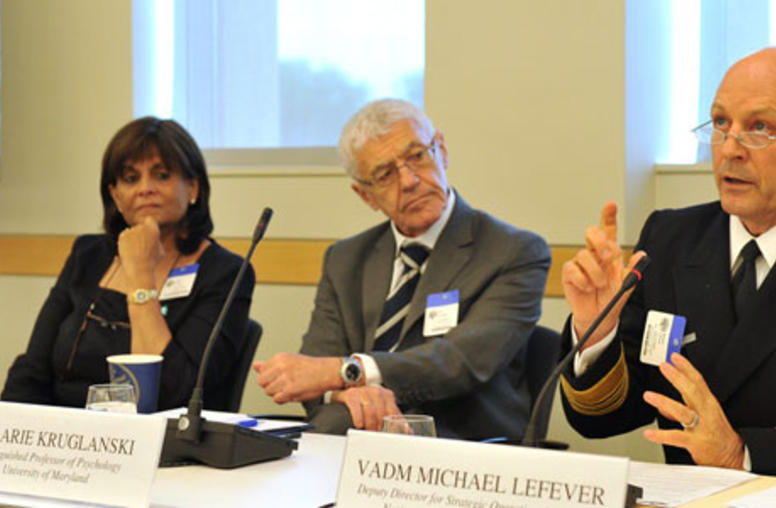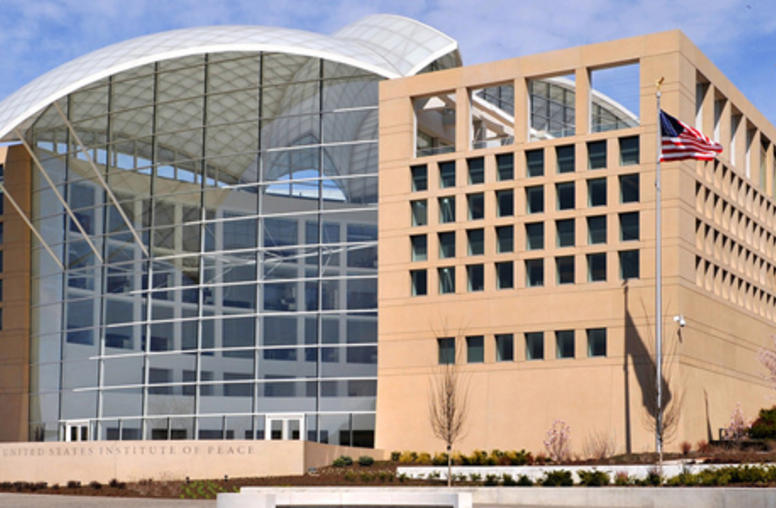The End of Civil Wars: How to Make Peace Stick
In recent decades, civil wars have caused more deaths than any other form of organized mass violence. Between 2000 and 2010, an extraordinary 90 percent of civil wars were recurrences of earlier wars, according to the World Bank’s 2011 World Development Report. This event will bring together experts on civil war, the success of post-war peace agreements, and deeply divided societies to discuss the key elements that contribute to the success or failure of post-civil war peace.
